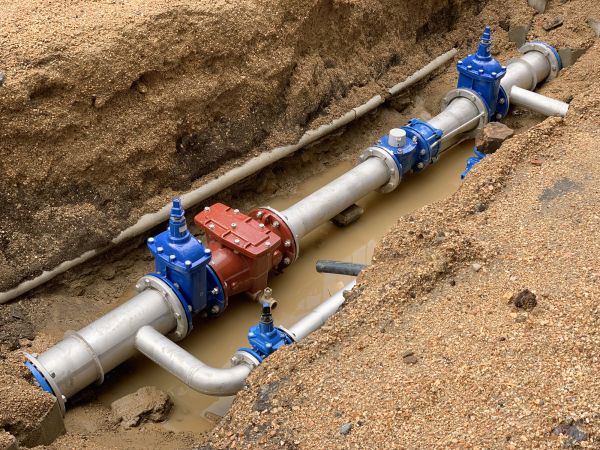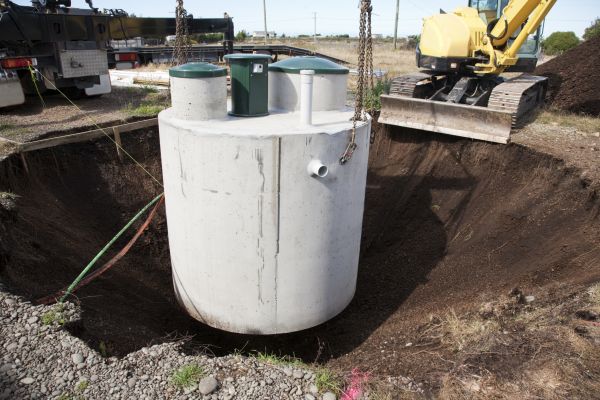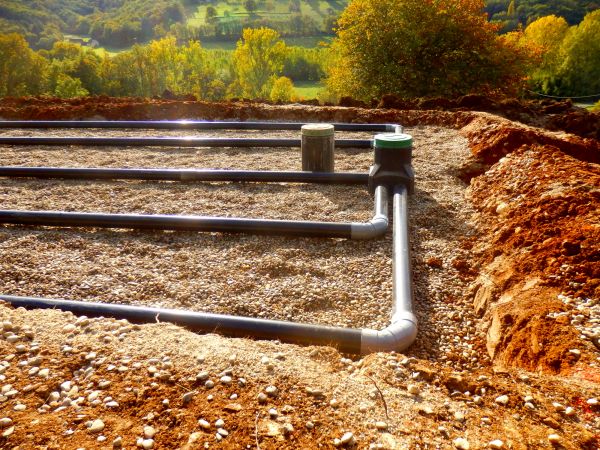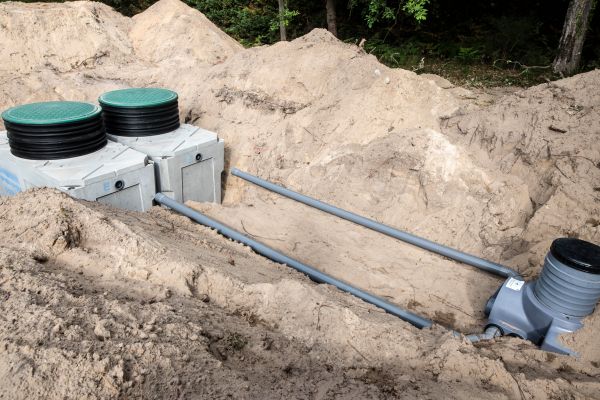Septic System Installation Service
Affordable Septic System Installation
Septic system installation is a critical process for properties that are not connected to a centralized sewer system. It involves setting up a self-contained underground wastewater treatment structure, typically made of concrete, fiberglass, or plastic. This system efficiently manages and treats household wastewater, ensuring that it is safely processed and returned to the environment. Proper installation is essential to prevent environmental contamination, protect water quality, and ensure the long-term functionality of the septic system. A well-installed septic system not only supports the health of the property and its occupants but also contributes to maintaining the ecological balance in the surrounding area.
Benefits of Septic System Installation
-
Environmental Protection
A professionally installed septic system plays a crucial role in protecting the environment. By efficiently treating wastewater on-site, it prevents harmful pollutants from entering local water bodies. This process helps maintain the quality of groundwater and surface water, which is essential for both human consumption and wildlife habitats. -
Cost-Effective Waste Management
Once installed, a septic system provides a cost-effective solution for managing household wastewater. It eliminates the need for monthly sewer bills, offering a long-term financial benefit. Additionally, with regular maintenance, a septic system can last for decades, making it a wise investment for property owners. -
Increased Property Value
Having a well-functioning septic system can enhance the value of a property. Prospective buyers often view a reliable septic system as a positive feature, particularly in rural areas where sewer connections are unavailable. A properly maintained system can be a strong selling point, providing peace of mind to potential buyers. -
Independence from Municipal Systems
A septic system offers independence from municipal sewer systems. This is particularly advantageous in remote or rural locations where connecting to a public sewer is not feasible. Property owners can enjoy the autonomy of managing their own wastewater treatment, tailored to their specific needs.
FAQs About Septic System Installation
What is the average lifespan of a septic system?
A well-maintained septic system can last anywhere from 20 to 40 years. Regular inspections and pumping are key to achieving this lifespan.
How often should a septic system be inspected?
Septic systems should typically be inspected every three years, with the tank pumped every three to five years, depending on usage and system size.
Can a septic system be installed on any type of soil?
Not all soil types are suitable for septic systems. A percolation test is necessary to determine if the soil can adequately absorb and treat wastewater.
What permits are required for septic system installation?
Permits for septic system installation vary by location. It is important to check with local health departments or regulatory agencies to ensure compliance with specific requirements.
Fill out the contact form today to request Septic System Installation and experience the many benefits of a professionally installed system. Enjoy environmental protection, cost-effective waste management, increased property value, and independence from municipal systems.




